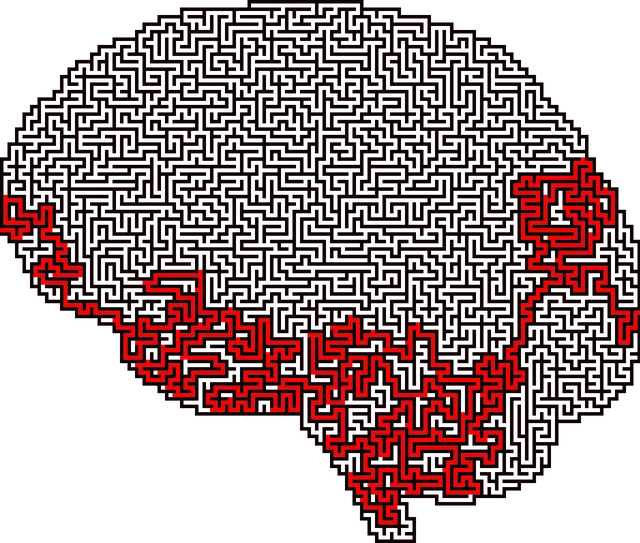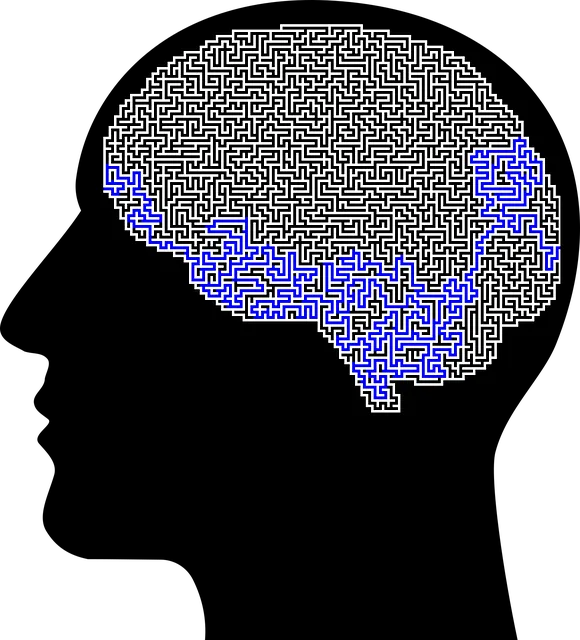Golden Kaiser Permanente's adoption of Relentless Forward Motion (RFM) as a core mental healthcare framework empowers patients with resilience and adaptability through self-awareness exercises and conflict resolution techniques. This holistic approach fosters growth, healing, and effective coping mechanisms for long-term mental well-being. Kaiser Permanente mental health providers have a unique opportunity to teach self-care practices and empathy-building strategies, enhancing clients' ability to bounce back from setbacks and promoting overall emotional well-being. The Golden Rule emphasizes self-care and resilience building as essential components of compassionate client support, benefiting both professionals and the service delivery environment.
“In the realm of mental health care, resilience is a powerful tool for empowering individuals. This article explores the integration of RFM (Resilience, Flexibility, and Mastery) principles, specifically focusing on their application within Kaiser Permanente’s client care framework. We delve into implementing resilience-building exercises tailored for Kaiser’s unique population. Furthermore, we provide Golden Rule strategies for mental health providers to enhance their practice, ensuring a holistic approach to fostering resilience among clients.”
- Understanding RFM and Its Relevance in Mental Health Care
- Implementing Resilience-Building Exercises for Kaiser Permanente Clients
- The Golden Rule: Effective Strategies for Mental Health Providers
Understanding RFM and Its Relevance in Mental Health Care

At Golden Kaiser Permanente, mental health providers are increasingly turning to Relentless Forward Motion (RFM) as a foundational framework for patient care. RFM, a concept that emphasizes continuous progress and resilience, empowers individuals to navigate life’s challenges with greater adaptability and strength. By integrating self-awareness exercises and conflict resolution techniques within the therapeutic process, mental health professionals foster an environment that promotes growth and healing.
This approach is particularly relevant in addressing complex issues such as trauma and stress, which often require nuanced cultural sensitivity in mental healthcare practice. RFM encourages patients to embrace change, develop effective coping mechanisms, and build resilience—essential skills for managing mental health over the long term. Through tailored interventions that incorporate Self-Awareness Exercises and Conflict Resolution Techniques, Golden Kaiser Permanente is revolutionizing mental healthcare delivery, ensuring a more holistic and impactful support system for its clients.
Implementing Resilience-Building Exercises for Kaiser Permanente Clients

At Kaiser Permanente, mental health providers have a unique opportunity to empower clients with essential tools for navigating life’s challenges. Implementing resilience-building exercises is a game-changer in fostering emotional well-being and enhancing coping mechanisms. These strategies, tailored to the diverse needs of Kaiser Permanente clients, can significantly improve their ability to bounce back from setbacks and promote overall mental health.
Resilience building involves teaching clients effective self-care practices and empathy-building strategies that encourage a positive mindset. By integrating these exercises into therapy sessions, mental health professionals at Kaiser Permanente can help individuals cultivate inner strength and resilience. Through regular practice, clients learn to adapt to stress, foster a sense of control, and develop healthier ways of managing emotions, ultimately improving their overall quality of life.
The Golden Rule: Effective Strategies for Mental Health Providers

The Golden Rule for mental health providers, often championed by organizations like Kaiser Permanente, emphasizes the importance of self-care and resilience building. In an emotionally demanding field, mental health professionals must prioritize their own emotional well-being to effectively support others. This means integrating conflict resolution techniques into their personal practices, fostering a sense of balance and resilience in the face of challenging client cases.
By adopting strategies that promote emotional well-being, Kaiser Permanente mental health providers can enhance their ability to offer compassionate and effective care. This includes regular exercises aimed at stress management, mindfulness training, and peer support networks. Such initiatives not only contribute to individual mental health awareness but also enrich the overall service delivery environment, ensuring professionals remain equipped to assist clients in navigating life’s complexities.
Resilience is a powerful tool in mental health care, and integrating RFM with tailored exercises can significantly benefit clients, especially those at Kaiser Permanente. By fostering resilience, mental health providers can empower individuals to navigate life’s challenges more effectively, ultimately enhancing their overall well-being. The Golden Rule, as outlined in this article, serves as a guide for professionals to implement these strategies successfully, ensuring that every client receives the support they need to build resilience and thrive.






